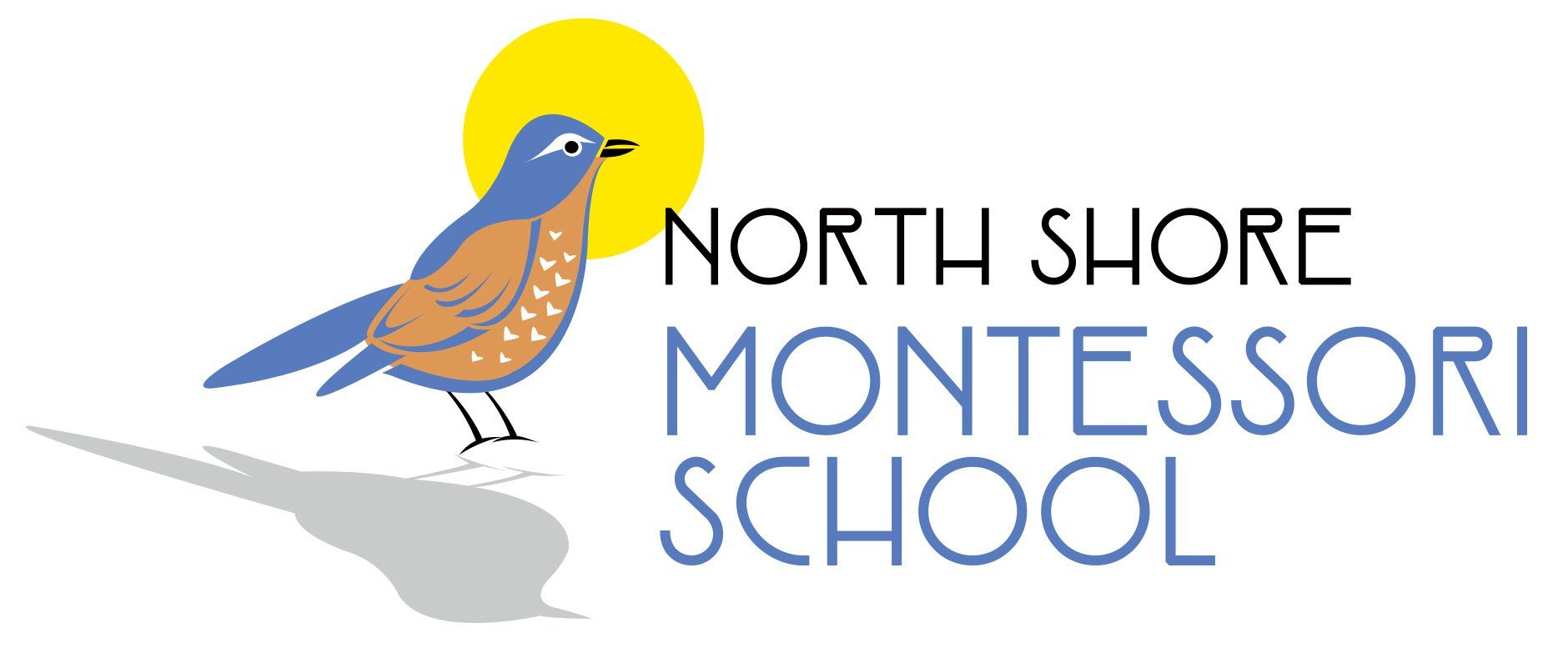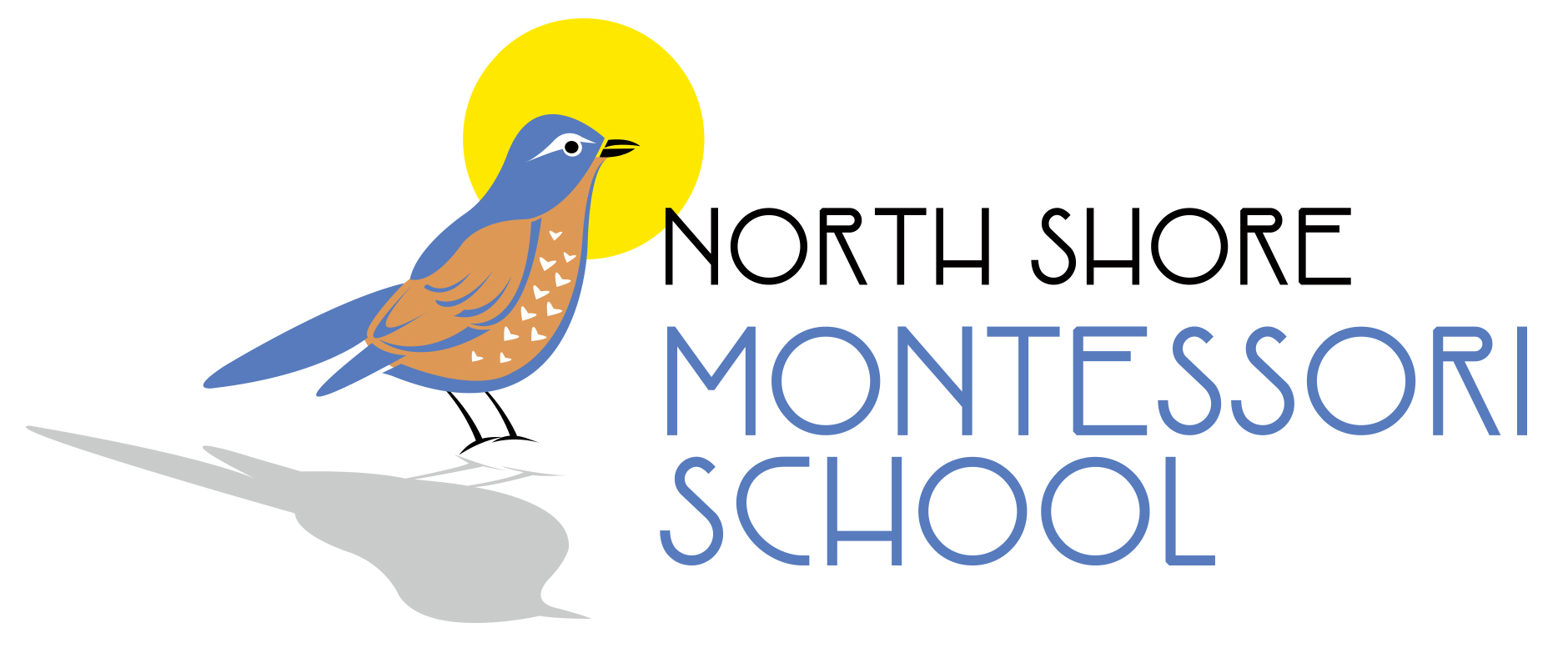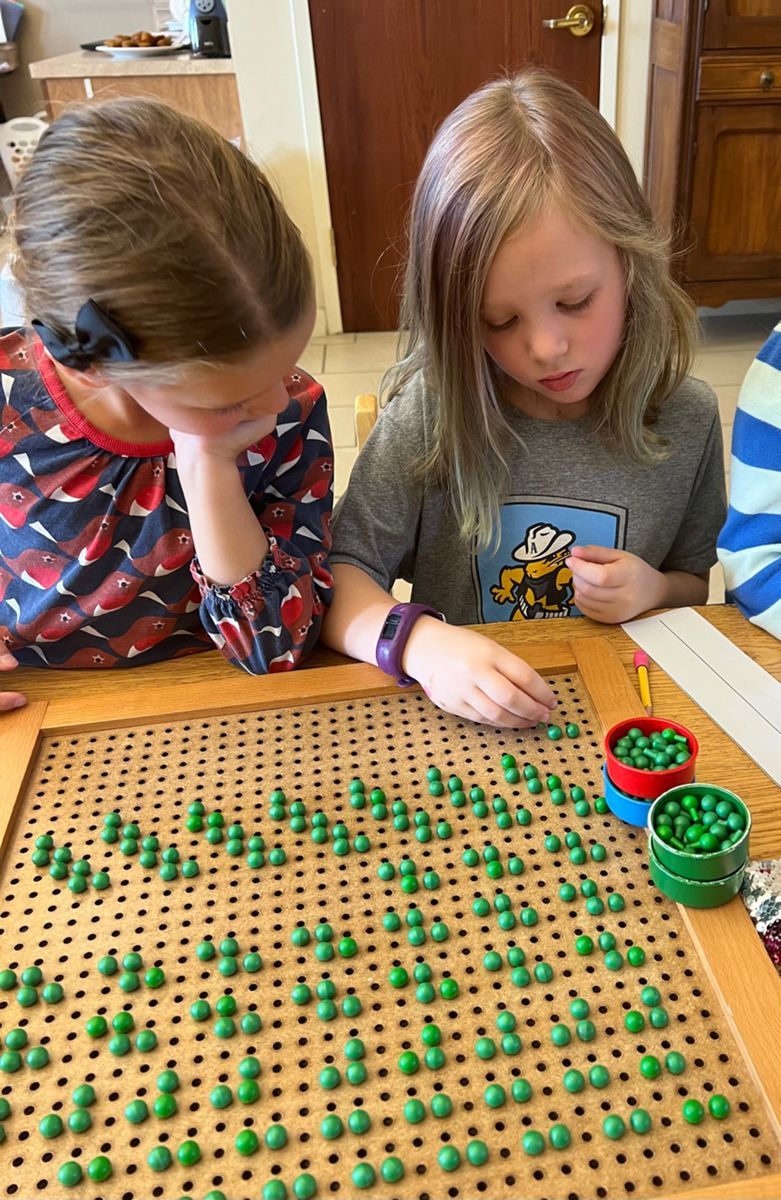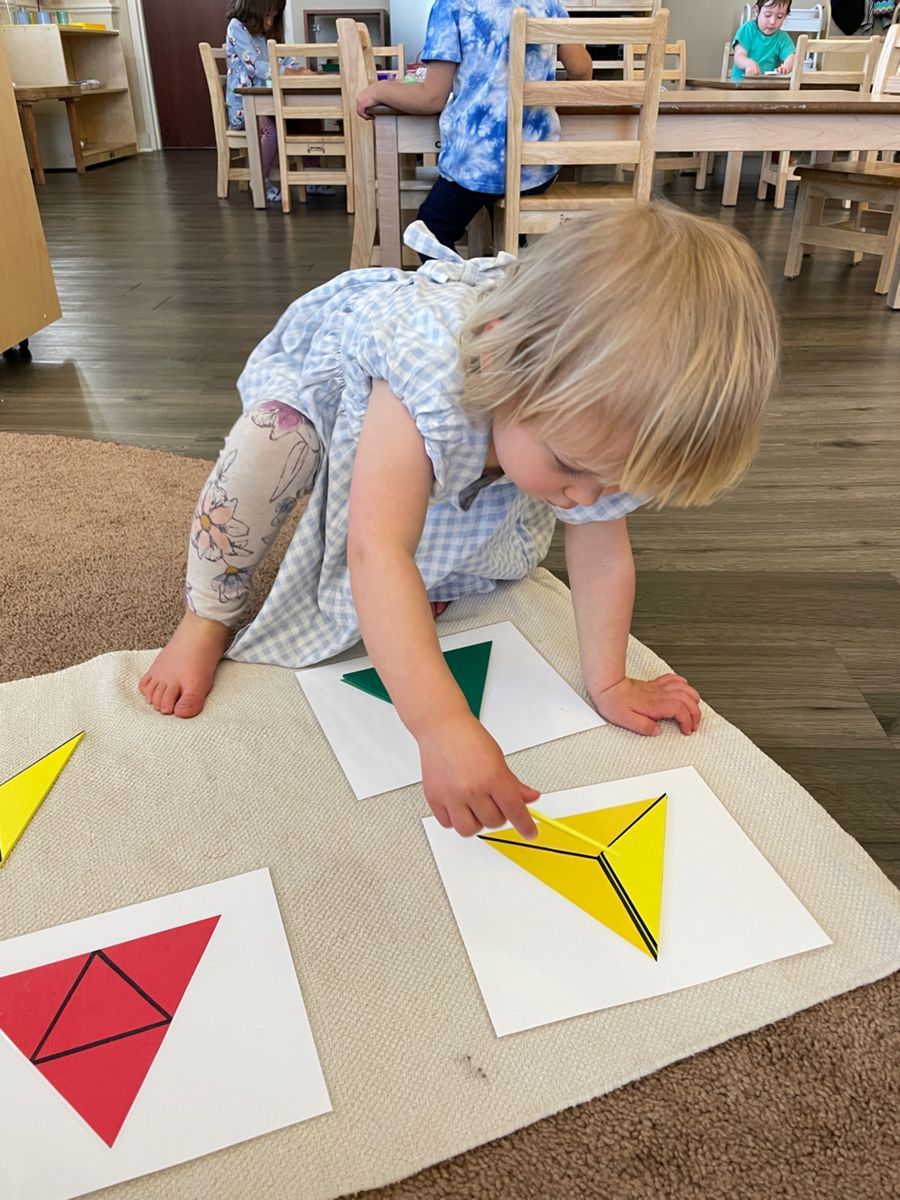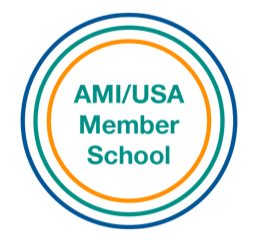Montessori Curriculum
Montessori Curriculum
The Montessori Curriculum is carefully structured and integrated to demonstrate the connection among the different subject areas. At each level there are a varying degree of six key areas of study: Practical Life, Sensorial, Language, Mathematics, Culture, and Grace and Courtesy. Each area is made up of a set of Montessori educational materials and concepts that teach key knowledge and skills. Through repetition and practice, children develop a foundational understanding of each material and master the core competencies within each curriculum area.
Children progress through the Montessori Curriculum at their own pace based on their stage of development and specific interest, with guidance from the trained guides and assistants in their classroom.
Montessori educators present key lessons to children in individual or small group settings when they are developmentally ready for them. After key lessons, the children work with the Montessori materials independently or in small groups to practice, explore, and make connections to the key learning outcomes.
During this time, Montessori educators take a step back and rely on scientific observation to see how children are utilizing the materials, observe how they are learning, and document their progress. Children are given a sense of empowerment and confidence over their own educational journey as they are allowed ample independence without unecessary interruptions.
New lessons are provided when a child is ready to progress to the next material. Through repetition and practice, children master the progression of the Montessori materials, and develop a fundamental understanding of each curriculum area.
The curriculum areas and lessons included in the following pages are general outlines and do not include spontaneous lessons based on children's specific interests, family/cultural celebrations that are shared, current events, and seasonal/nature themed activities for example.
PROGRAMS
North Shore Montessori School
4650 North Port Washington Road
Lexington Building
Milwaukee, Wisconsin 53212
North Shore Montessori School
North Shore Montessori School
